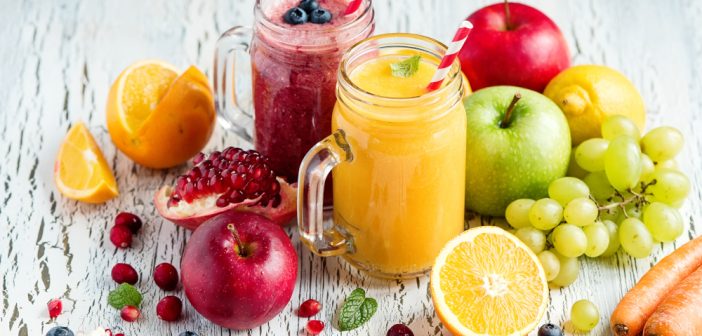Now that sick season is fast approaching, there is no better time to get caught up on your immunity boosters. It takes at least three weeks of taking vitamins to notice a difference in your immunity and may even take up to six weeks depending on the individual.
Your immune system is what fights diseases, infections, and illnesses like the flu or COVID-19. It is made up of organs, cells, and proteins. To keep your immune system functioning at its best, take vitamins and supplements such as vitamin B, vitamin C, vitamin D, zinc, and probiotics.
Vitamin B
There are eight vitamin Bs that help contribute to the immune system. These are called B1, B2, B3, B5, B6, B7, B9, and B12. Vitamin B helps the immune system with “cell health, red blood cells, energy levels and cardiovascular health,” according to BetterYou.com. You can include vitamin B into your diet by eating these foods:
- Eggs
- Brown rice
- Milk
- Avocados
- Fish
By eating these foods every day, you can promote healthy cells and increase your energy levels to ward off sicknesses.
Vitamin C
Since vitamin C helps the immune system fight and treat respiratory issues, it’s no wonder sales for vitamin C went up by 70 percent during the COVID-19 pandemic. Vitamin C is able to fight off these infections by “stimulating neutrophil migration to the site of infection, [enhancing]phagocytosis and oxidant generation, and microbial killing,” says The National Library of Medicine. It also preserves the tissue to not cause further harm. As you can tell, vitamin C is a vital element for the function of the immune system.
Since vitamin C is an essential nutrient that should be incorporated into your daily diet, here is a list of foods that are high in it:
- Oranges
- Bell peppers
- Broccoli
- Kale
- Strawberries
- Lemons
By eating a couple of these foods each day, you are sure to keep the respiratory infections away during this sick season.
Vitamin D
Vitamin D is a necessary source to keep you healthy. Not only does it help absorb calcium in your body, but it also helps regulate cell growth. Since vitamin D can fight against things like autoimmune diseases and high blood pressure to keep you from getting ill, it is recommended to take 400 international units of vitamin D for those under 12 months, 600 IU for those between the ages of 1 and 70, and 800 IU for those over 70. You can get an adequate amount of vitamin D by eating these foods:
- Tuna
- Eggs
- Cheese
- Salmon
- Milk
If you want to help your immune system fight against illnesses, try to maintain a diet that contains foods that are high in vitamin D.
Zinc
Healthy immune system, fast-healing wounds, and normal cell growth are all parts of the benefit of taking zinc. Zinc can be found throughout your cells fighting off bacterial infections. However, it is most commonly used to get rid of colds. To have an adequate amount of zinc, it is recommended that men take 11 milligrams and women take 8 milligrams of zinc every day. Here are a few foods that will help you get enough zinc in your diet:
- Seafood
- Dairy
- Nuts
- Red meat
- Seeds
Maintaining your zinc intake will help you fight off any illnesses you may come in contact with.
Probiotics
Probiotics help your immune system by regulating the bad bacteria in your gut. You should try to eat at least one meal a day that obtains probiotics. A few good sources to get probiotics from include the following:
- Yogurt
- Pickles
- Kombucha
- Cheese
- Watermelon
We know how important it is to keep your body healthy, especially during the sick season. Try to eat a wide variety of food to get all of your immune boosters in. If you are unable to incorporate all of these into your diet, try to eat things like milk, eggs, and seafood that are packed full of nutrients.
A version of this article was published by The Daily Herald. It has been republished here with permission.




